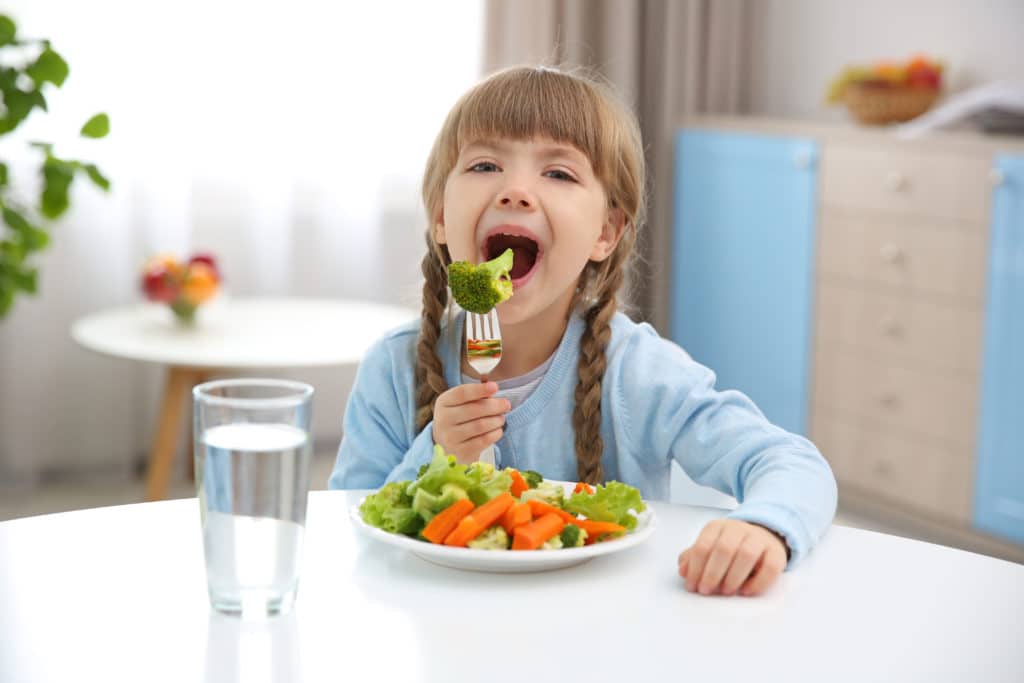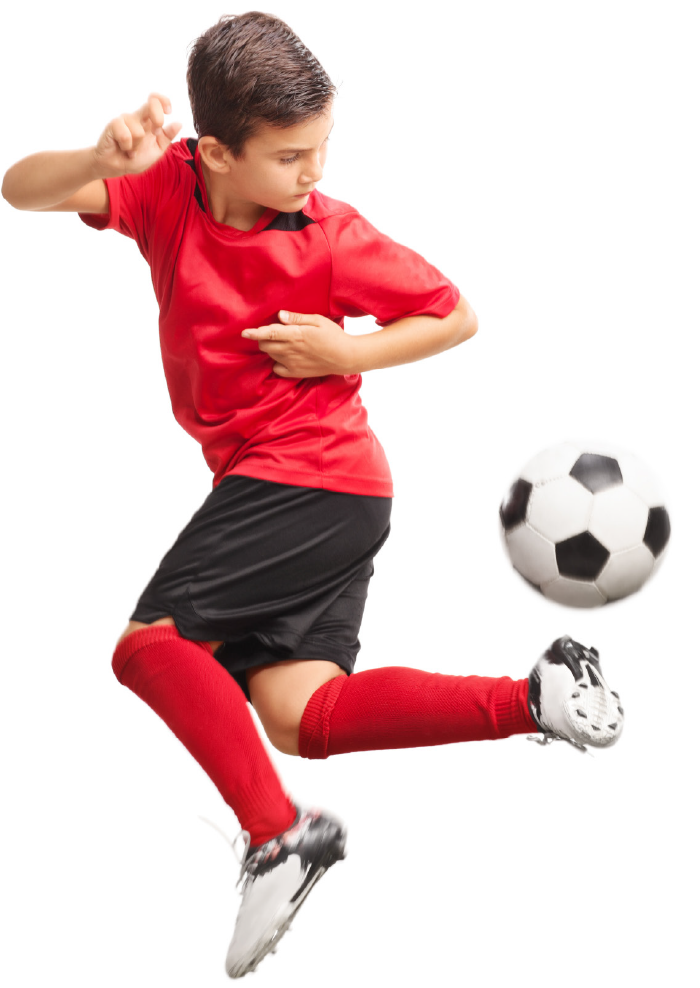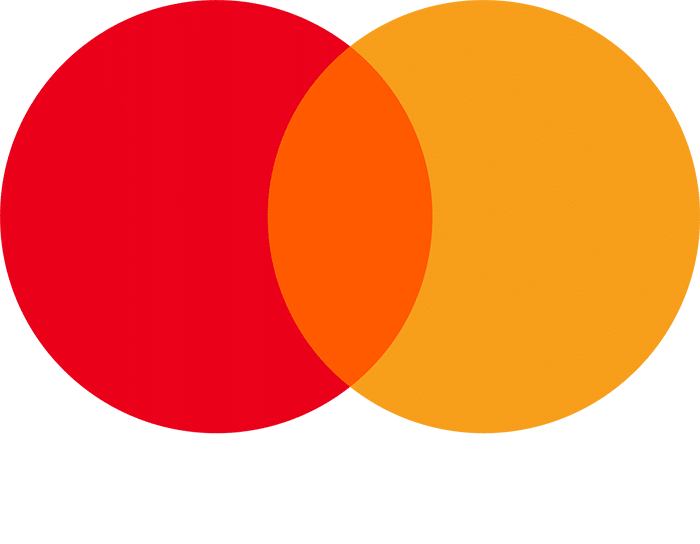Calories
Vocabulary
Read the vocabulary terms to understand the reading better.
Calories
Calories are units of energy or heat that are produced by foods and drinks.
Carbohydrates
Carbohydrates are a group of organic compounds that are produced by plants and include sugars, starches, celluloses, and gums and serve as a main energy source for animals.
Fat
Fat is a soft, solid, or semi-solid compound that is widely found in organic tissues, especially in the fatty tissues of animals, seeds, nuts, and fruits.
Fibre
Fibre is thick cell walls that support plants and can’t be broken down during digestion.
Liver
The liver is a large organ in the body that produces bile to help the stomach break down food, and that stores nutrients and turns them into energy the body can use.
Organs
Organs are special groupings of tissues that perform a specific function in the body; organs include the heart, lungs, liver, kidneys, and gallbladder.
Proteins
Proteins are nutrients naturally found in foods that help the body build, take care of, and replace tissues.
Have you ever heard someone say “you do not need all those calories”? What does this mean? It does not mean that calories are bad for you. Calories are just a measurement. Calories tell you how much energy your body can get from food. Your body burns calories to get the energy it needs to do all its jobs. Your body burns calories to keep your heart and lungs working. It burns calories when you are doing your homework. It burns calories when you are walking. It even burns calories when you are sleeping.
But eating or drinking more calories than your body needs can cause problems. Calories that your body does not use are turned into fat. You need fat. Fat does many important jobs in your body. It protects organs such as the liver. It helps keep your body at the right temperature. It keeps your hair and skin healthy. It provides you with energy.
Too much fat though is not good for you. You can gain extra weight that you do not need if you eat too many calories. The extra weight can cause many health problems as you get older. One way to keep the right level of fat in your body is to get the right amount of calories your body needs.


How Many Calories Do I Need?
The number of calories you need depends on many factors. One factor is your age. When children are growing, they need more calories. Another factor is how active you are. People who are very active (get a lot of exercise) burn more calories. People who are a little active (get some exercise, walk) need fewer calories. People who are not very active (spend most of their time sitting) need even fewer calories. Doctors and scientists have figured out the average number of calories needed by most people according to their age and activity level. Here are some guidelines for calories a young person needs.

Males | |||
Ages |
Not very active |
Active |
Very active |
10–11 |
1700 |
2000 |
2300 |
12–13 |
1900 |
2250 |
2600 |
14–16 |
2300 |
2700 |
3100 |
Females | |||
Ages |
Not very active |
Active |
Very active |
10–11 |
1500 |
1800 |
2050 |
12–13 |
1700 |
2000 |
2250 |
14–16 |
1750 |
2100 |
2350 |
Where Should I Get Calories From?
It is important to get the calories your body needs from many different foods. Foods have nutrients such as proteins, fats, carbohydrates, vitamins, minerals, and fibre. Your body needs all of these nutrients, but it needs them in the right amounts to stay healthy. You can find out what foods you should eat and how much you should eat by checking out a food guide. Canada has a food guide that can help you plan what you need to eat and drink every day.

Fun Facts!
- 1 doughnut hole has the same number of calories as 19 grapes.
- 5 snack crackers have the same number of calories as 5.75 cups of cucumber slices.
- 1 chocolate chip cookie has the same number of calories as 53 chocolate-covered raisins.
- A person weighing 68 kg would have to hike for 58 minutes to burn the calories in 1 chocolate brownie.
- A person weighing 68 kg would have to vacuum the house for 85 minutes to burn the calories in a 590 mL bottle of cola.
To learn more about your calories, watch the video by Let’s Go Learn Stuff! on YouTube.
Show What You Know!
Complete some questions about the reading selection by clicking “Begin Questions” below.









